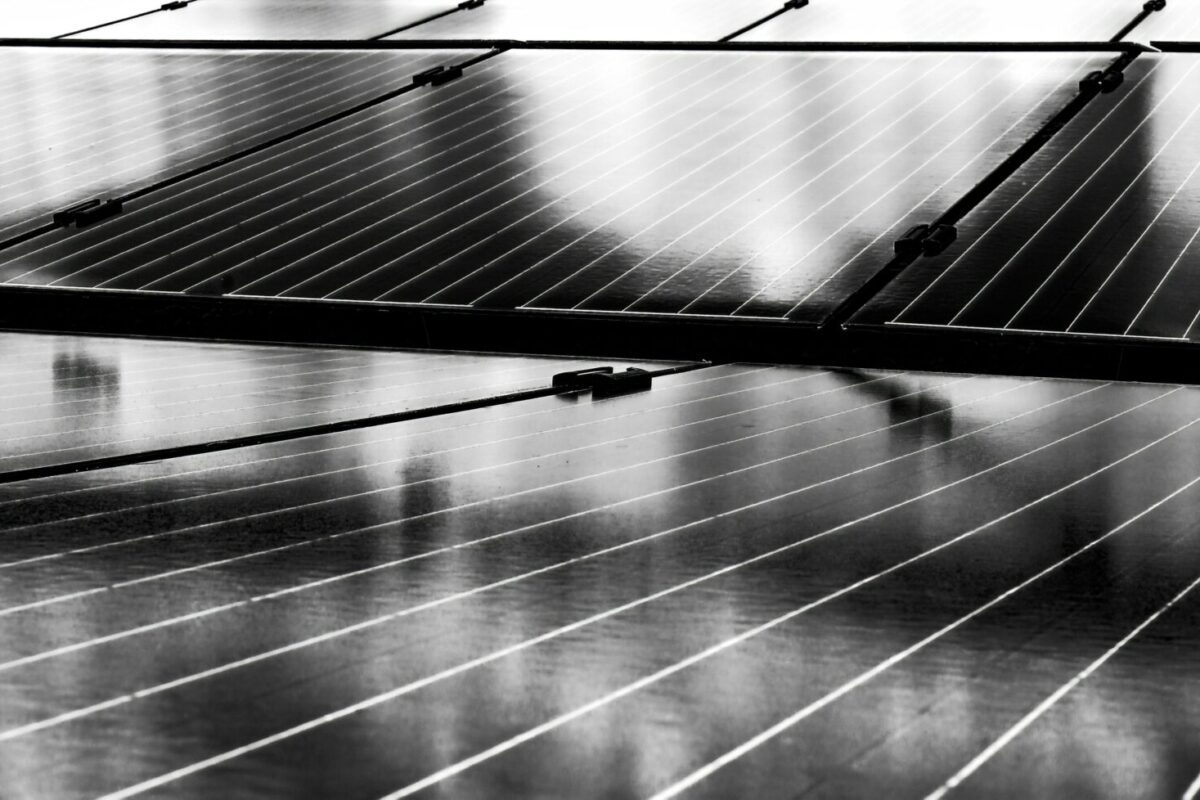The President of the Republic of Cameroon, Paul Biya, has signed the decree N° 2017/287 which allows the country’s Ministry of Economy, Planning and Regional Development to close an agreement with the Bank of China for a CFA 73.95 billion ($123.2 million) loan.
The funds will be used to finance Phase II of the solar rural electrification program launched by the government and China’s Huawei in November 2016. Under phase II, approximately 350 communities located in areas with no access to electricity will be provided each with an installed off-grid PV capacity of 32 kW. Overall, the program is targeting to reach around 1,000 communities and to provide 150,000 people with power.
The first agreement for the project was signed in September 2012.
Meanwhile, the local portal Business in Cameroon reports that Cameroon’s power utility Eneo, which is owned by the British investment fund Actis, is planning the construction of three PV power plants with a combined capacity of 35 MW.
The company is currently planning to issue a call for expressions of interest for a 10 MW project in Ngaoundéré, in the north of the country. The solar facility is expected to come online by 2019.
Another two plants with a capacity of 15 MW and 10 MW respectively, will be built in Maroua, in the Far North region and Guider, in the Northern region.
Solar and renewables are currently covering only 1% of the country’s power demand, while most of it is covered by hydropower (74%) and thermal power (25%). Only 48% of Cameroon’s population has currently access to power.
This content is protected by copyright and may not be reused. If you want to cooperate with us and would like to reuse some of our content, please contact: editors@pv-magazine.com.




By submitting this form you agree to pv magazine using your data for the purposes of publishing your comment.
Your personal data will only be disclosed or otherwise transmitted to third parties for the purposes of spam filtering or if this is necessary for technical maintenance of the website. Any other transfer to third parties will not take place unless this is justified on the basis of applicable data protection regulations or if pv magazine is legally obliged to do so.
You may revoke this consent at any time with effect for the future, in which case your personal data will be deleted immediately. Otherwise, your data will be deleted if pv magazine has processed your request or the purpose of data storage is fulfilled.
Further information on data privacy can be found in our Data Protection Policy.